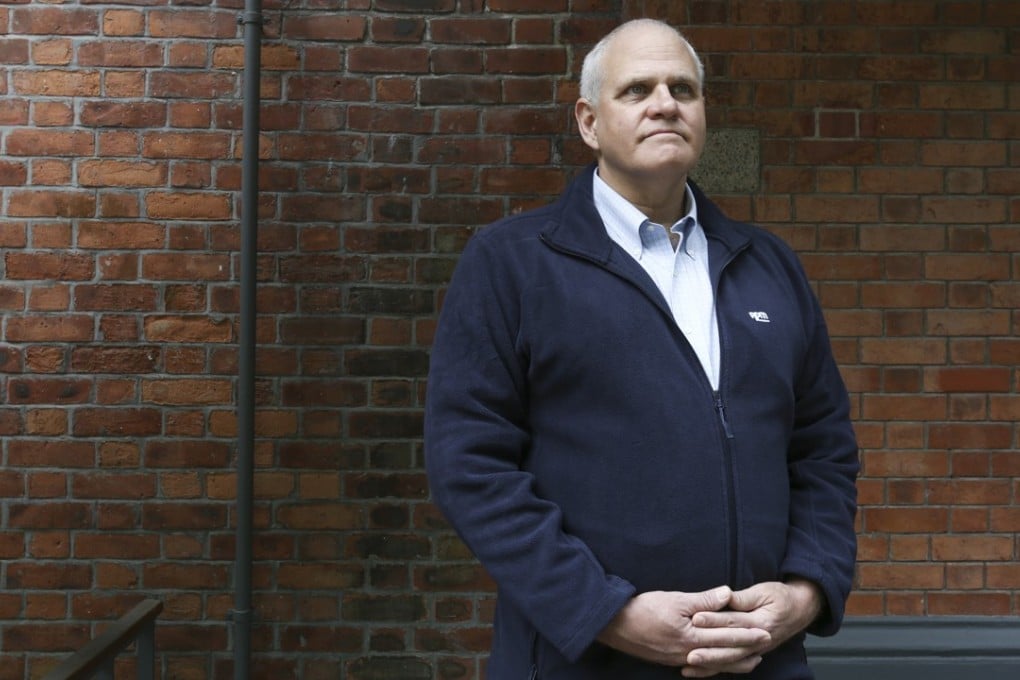Hong Kong is showing way for Asia to fight modern slavery, says head of NGO that harnesses corporate power to do good
Nowhere in Asia has had more exposure to issues around human trafficking, says Matt Friedman, head of NGO the Mekong Club that works with companies to tackle the problem

Matt Friedman is embedded in the Bank of China Tower. “Embedded” is the word the activist and modern-day abolitionist uses. As CEO of the Mekong Club, the international human-trafficking expert has spent the past five years courting and cajoling large corporations and banks in Hong Kong, and the hard work is starting to pay off. The city is well on the way to being the region’s leader in understanding and addressing modern slavery, he says.
“There is no city in Asia that has had more exposure to this issue. With the tools that are being developed and the pledge that is coming out, I think Hong Kong will eventually be a best practice when it comes to corporate involvement in ... helping to address human-trafficking,” says Friedman.
He’s not kidding about exposure. Friedman has given about 500 talks in Hong Kong over the past five years. In that time, he says, he reached upwards of 30,000 people – not bad for a man whose greatest fear is public speaking.
By 2012, Friedman had spent six years as regional project manager of the UN Inter-Agency Project on Human Trafficking in Thailand. He knew that to tackle the problem, the key was to focus on supply chains – 70 per cent of people trafficked are in forced labour and 60 per cent of them are associated with supply chains.
He’d also been close enough to the issue for long enough to get a sense of what worked and what didn’t. Naming and shaming the private sector, he quickly learned, didn’t get anyone anywhere.
“It creates such a chilling effect that the corporations pull back and don’t want to get involved,” says Friedman.